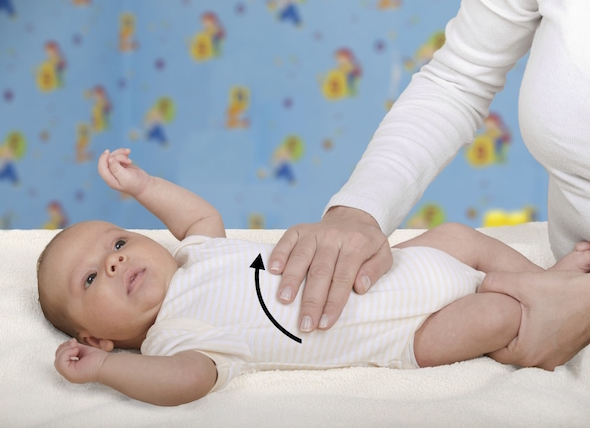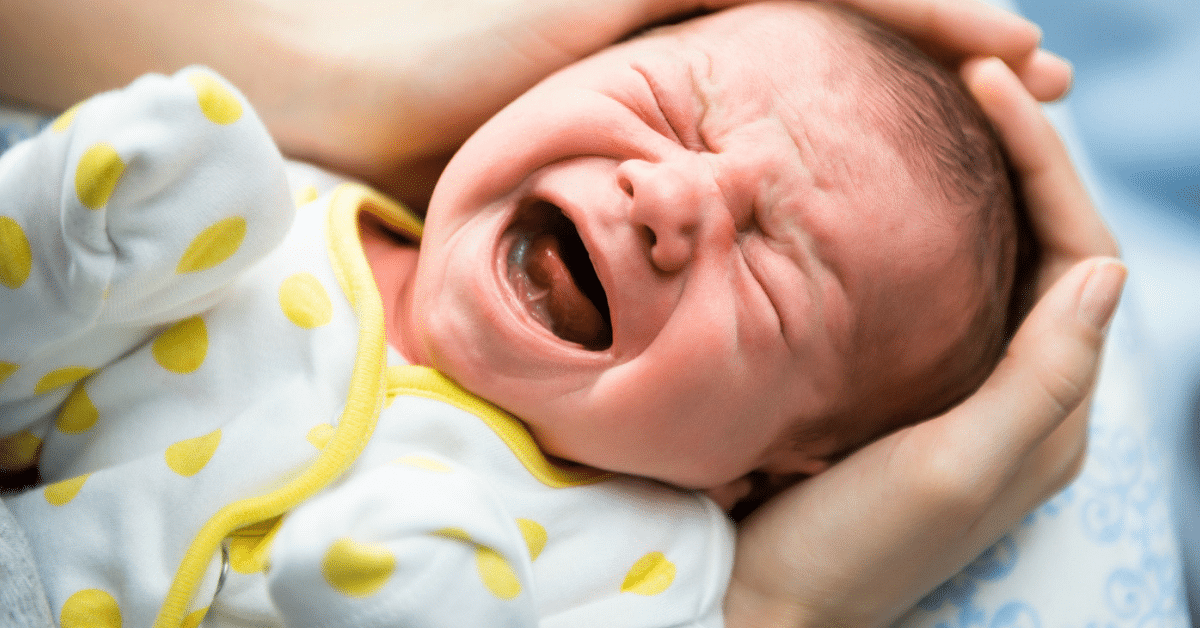porque bebe tem colica ate 3 meses Cólica em bebê: porque acontece e como aliviar
New parents often face the challenge of dealing with their baby’s colic. Colic is a term used to describe excessive crying in an otherwise healthy baby, often caused by digestive problems. Children under 3 months old are most susceptible to colic. If you are a new parent, it is essential to learn about the causes and remedies for colic, so you can take better care of your baby and yourself. Some common causes of colic include feeding issues, allergies, gas, and an immature digestive system. Feeding issues can be a big concern - for example, if your baby is not taking in enough milk, they may have an empty stomach which can cause discomfort. It’s important to make sure they’re drinking enough, and making sure your baby is taking in enough food can really help reduce colic. Perhaps your baby is allergic to something they’re being fed - cow’s milk is a common cause - so switching to another type of formula may do the trick. Gas can be another culprit. Make sure your baby is burping adequately and consider trying over-the-counter remedies that contain simethicone - this can break up gas bubbles in the stomach. Finally, an immature digestive system may lead to colic; it’s simply something a young baby has to grow out of. The digestive system of a baby is still in development, so it takes time, patience, and a lot of burping to help them through this phase. Luckily, there are a few remedies that can help ease the symptoms of colic. Experts recommend holding your baby in a more upright position when feeding, so they will be less likely to swallow air and have less discomfort. A pacifier may also help soothe your baby becuase the sucking motion can be calming. There’s also abdominal massages, placing your baby with their stomach against your forearm and applying gentle pressure to their belly. This can help to alleviate any gas and discomfort your baby may be experiencing. Some parents have also found relief in “bicycle legs” - gently cycling the legs of your baby, which can help move gas through the digestive system. While colic can be challenging and frustrating for new parents to deal with, it is essential to remember that this is a phase, and your baby’s condition will improve over time. With patience, persistence, and love, you’ll be able to soothe your baby through this difficult time. If you’re still having trouble managing your baby’s colic, be sure to reach out to your pediatrician or a baby nurse for further assistance. They can provide additional tips on how to help your baby get through colic and can give you peace of mind in knowing you’re doing everything you can to care for your little one.
If you are searching about Cólica em bebê - Causas, sintomas, tratamento e prevenção you’ve came to the right page. We have 5 Pics about Cólica em bebê - Causas, sintomas, tratamento e prevenção like Cólica Em Bebê: Porque Acontece E Como Aliviar, Cólica em bebê - Causas, sintomas, tratamento e prevenção and also Porque os bebês têm cólicas? Causas e tratamentos. Here you go:
Cólica Em Bebê - Causas, Sintomas, Tratamento E Prevenção
 areademulher.r7.comMulheres Grávidas – O Que Fazer Quando O Bebê Tem Muita Cólica
areademulher.r7.comMulheres Grávidas – O Que Fazer Quando O Bebê Tem Muita Cólica
 www.mulheresgravidas.netPorque Os Bebês Têm Cólicas? Causas E Tratamentos
www.mulheresgravidas.netPorque Os Bebês Têm Cólicas? Causas E Tratamentos
 blog.outletbaby.com.brCólica Do Bebê
blog.outletbaby.com.brCólica Do Bebê
 dramarcelanoronha.com.brCólica Em Bebê: Porque Acontece E Como Aliviar
dramarcelanoronha.com.brCólica Em Bebê: Porque Acontece E Como Aliviar
 www.gravidasonline.comPorque os bebês têm cólicas? causas e tratamentos. Cólica do bebê. Cólica em bebê: porque acontece e como aliviar
www.gravidasonline.comPorque os bebês têm cólicas? causas e tratamentos. Cólica do bebê. Cólica em bebê: porque acontece e como aliviar